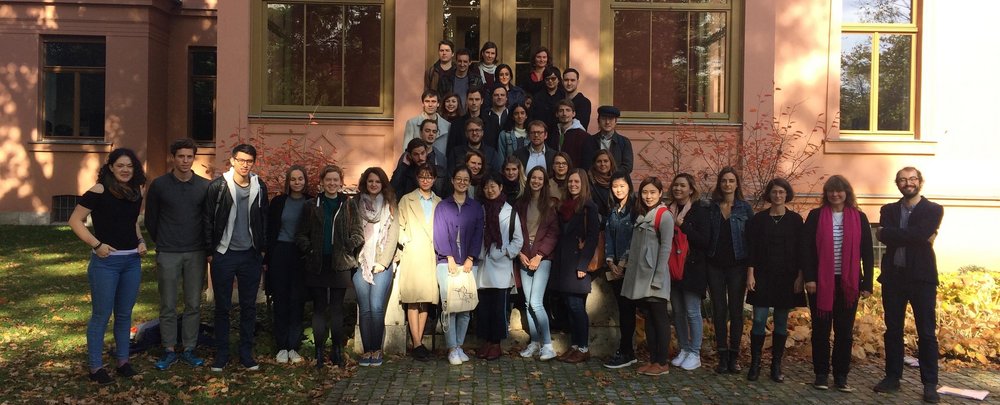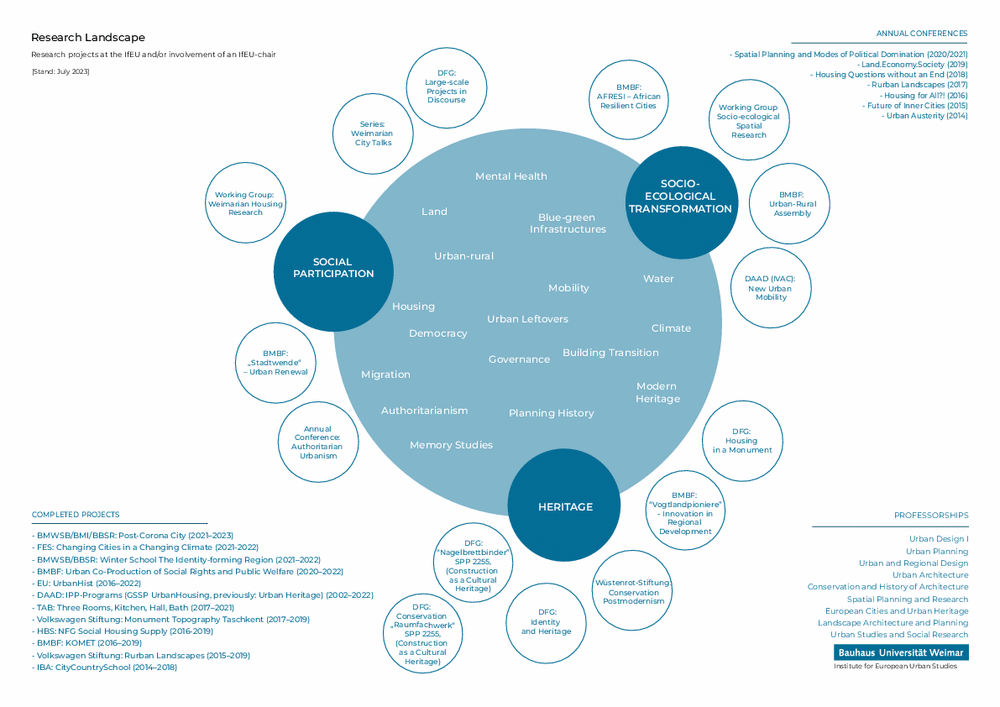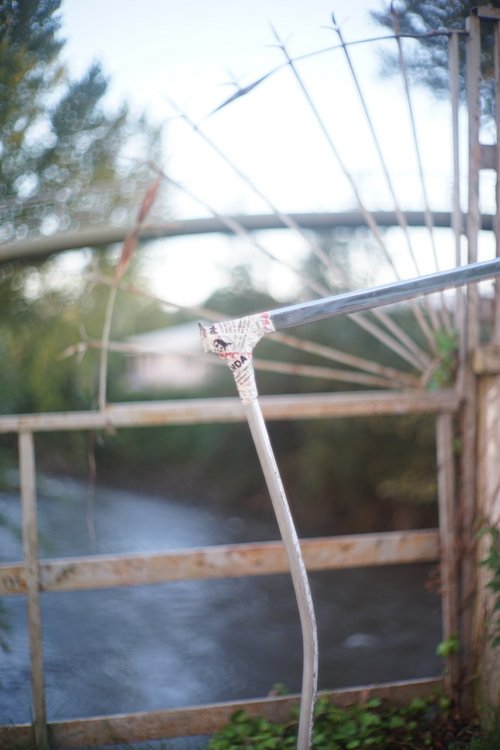Hic svnt Dracones | Fotoausstellung von Jorg Sieweke im Rahmen der Konferenz "Rurbane Landschaften" | 15.06.-30.06.2017
15.06.-30.06.2017 | Vorraum des Oberlichtsaals im Hauptgebäude, Geschwister-Scholl-Str. 8
Der Unterlauf des Aniene (Teverone) mündet heute entgegen seiner historischen Bedeutung fast unbemerkt in den Tiber. Dieses nur durch Trittpfade erschlossene Naturschutzgebiet, ist mit informellen Schrottplätzen und Siedlungen durchsetzt. Der zweckrationale Akt abusiver Besiedelung der letzten verfügbaren Räume steht der sentimentalen Projektion des Flussraums als Sehnsuchtsort der Römer gegenüber. Die Grenze der Akzeptanz dieser freundlichen Übernahme äußert sich im periodisch veranlassten Abriss durch die Stadtverwaltung wohlwissend dass es sich hier um Unterkünfte der Servicekräfte der römischen Gesellschaft handelt. Durch diese kontinuierliche Vertreibung verfeinern sich die Strategien des Rückzuges ins Unsichtbare und verstärkt die wechselseitige Marginalisierung negierter Orte und Bevölkerungsgruppen. Die Ewige Stadt Rom zeigt sich hier nicht durch ihre Geschichte, sondern durch ihr Geschehen.














